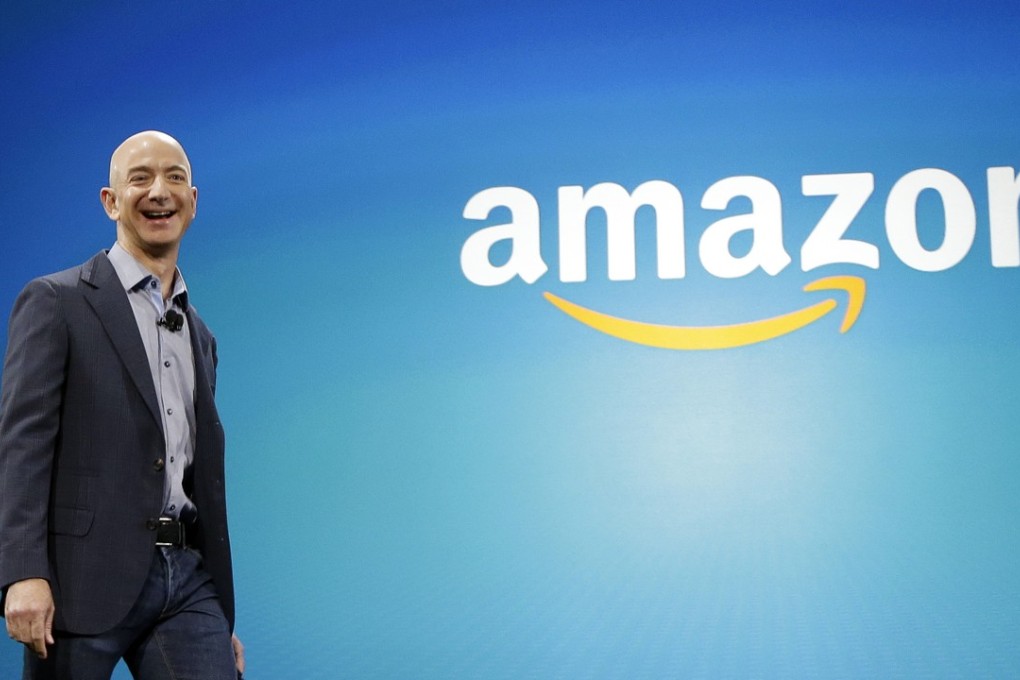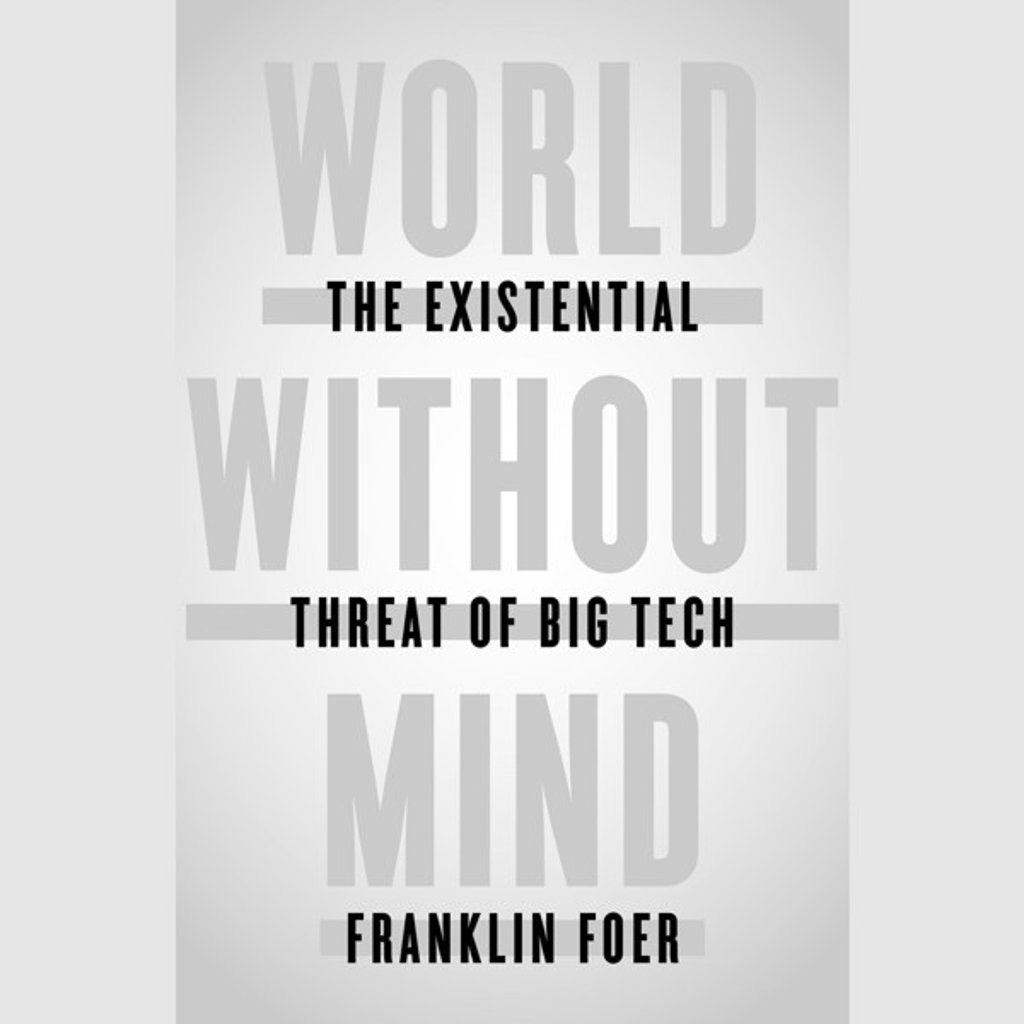Advertisement
Review | Book review: World Without Mind – how big four tech firms are taking over our lives and why we need to do something about it
Author Franklin Foer says that with Google, Apple, Amazon and Facebook eroding what makes us human and lulling us into an ever greater sense of pliant dependency, the time has come to start saying no to big tech
Reading Time:4 minutes
Why you can trust SCMP

World Without Mind: The Existential Threat of Big Tech
by Franklin Foer
Penguin Press
Advertisement
4 stars

Advertisement
Silicon Valley’s achievements are typically viewed from the perspective of innovations that have transformed modern life.
Advertisement
Select Voice
Choose your listening speed
Get through articles 2x faster
1.25x
250 WPM
Slow
Average
Fast
1.25x